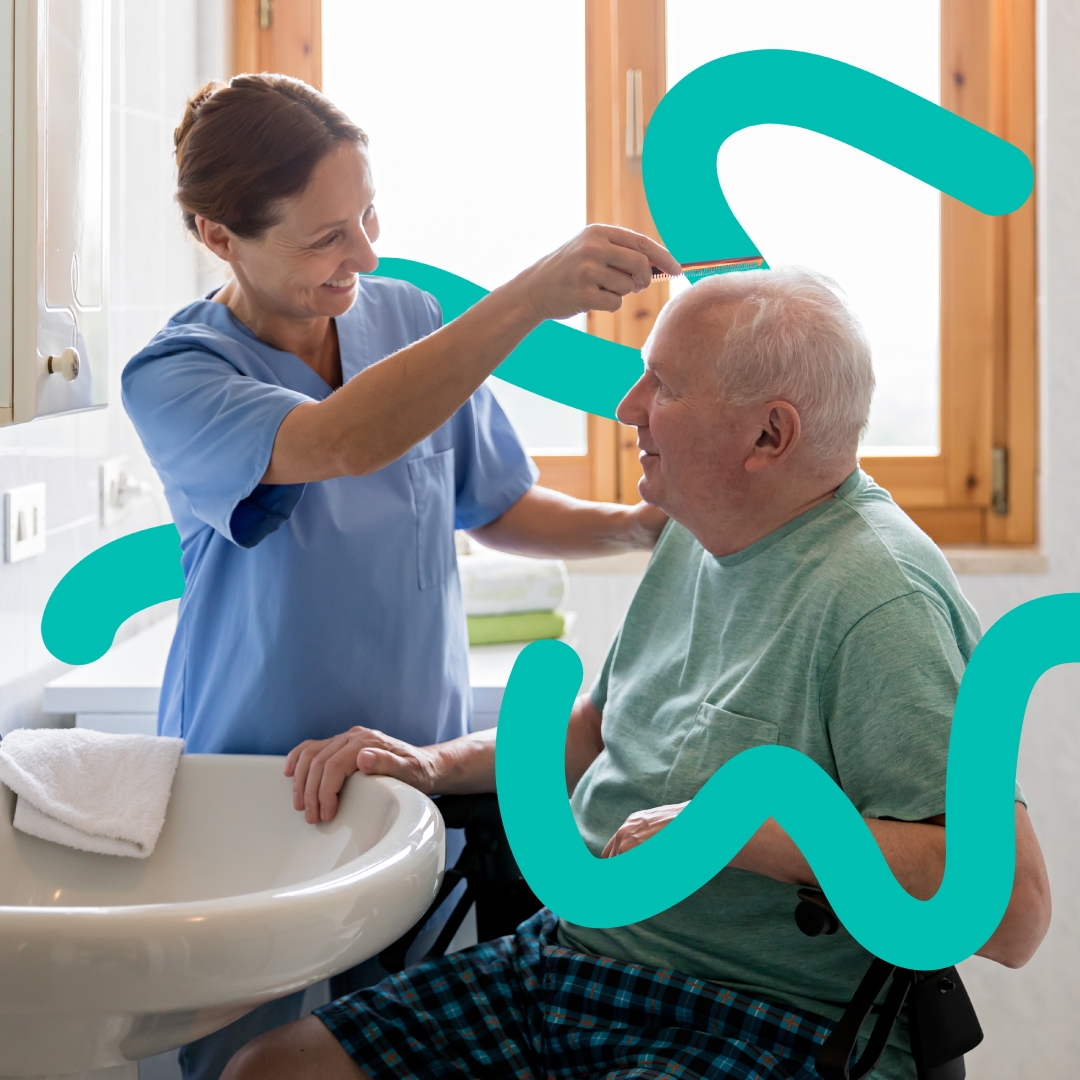The Aged Care Quality and Safety Commission has recently published its most recent Sector Report focusing on the performance of aged care providers. While the report delves into the timeframe of October-December 2023, it also highlights crucial concerns that the Commission anticipates providers to tackle throughout the latter half of 2024. Here, we outline these significant issues.
Sector report summary
The report states that home care services demonstrate lower compliance rates compared to residential care. Only 66% of services that were audited for quality in Q2 fully met the Quality Standards. While the percentage of audited residential services complying with Quality Standard 3 (Personal care and clinical care) has risen, it has decreased for home services. These results highlight the importance for home service providers to promptly tackle this matter. In the upcoming period, the Commission will focus on monitoring non-compliant services in Q3 and Q4 to evaluate their progress in addressing identified issues.
The Aged Care Quality and Safety Commission has specific expectations regarding:
Home care services’ overall compliance with the Aged Care Quality Standards Home care services have become a primary focus for the Commission. Providers are urged by the Commission to thoroughly analyse their data to pinpoint areas for improvement and development.
The impact of Serious Incident Response Scheme (SIRS) reportable incidents
Under SIRS, aged care providers must report ‘reportable incidents’ promptly based on impact assessment: Priority 1 within 24 hours for consumer injury, and Priority 2 within 30 days. Providers should assess incidents thoroughly considering various impacts on service users.
Continuous improvement to reduce SIRS reportable incidents The Commission anticipates that providers should demonstrate continuous improvement efforts to minimise the occurrence of incidents. This involves analysing the root causes of failures and implementing corrective measures to prevent recurrence.
Home care services’ reporting of ‘Stealing and Financial Coercion’ incidents
The Sector Report for October-December 2023 indicates a decrease in the total count of SIRS Priority 1 incidents. Nonetheless, there is a troubling rise specifically in Priority 1 incidents related to theft or financial coercion within home services. It is imperative for providers to establish robust processes for identifying, addressing, and averting such incidents.
Governance arrangements
Among the eight Aged Care Quality Standards, Quality Standard 8 (Organisational governance) exhibits the lowest compliance rate in both residential and home services. The Commission anticipates enhancements in governance structures and has introduced the Governing for Reform in Aged Care educational initiative. This program aims to assist providers in comprehending and fulfilling their responsibilities effectively.
Complaints handling
Although there was a decrease in both the quantity and frequency of complaints in residential care and home services towards the end of 2023, the Commission maintains its expectations from providers:
- Maintain internal records of complaints to enhance service quality.
- Promote and assist individuals under care in lodging complaints in case of care-related concerns.
- Encourage and aid staff in addressing and resolving complaints effectively.
Next steps for improvement and compliance
Providers are encouraged to assess their policies, procedures, and data to identify opportunities for enhancing governance structures, complaints management, and SIRS reporting. It is advisable for them to document the actions taken and modifications implemented during this evaluation to effectively demonstrate their compliance efforts to the Commission.
CareLineLive’s software supporting change
CareLineLive can support compliance and service improvements through our home care focused features. The platform has been designed with specific compliance needs including:
- A comprehensive business management platform offers a wide range of functionalities including rostering, client and carer management, capacity planning, real-time call monitoring, invoicing, and payroll. These features collectively generate data that can be leveraged to generate reports, serving as crucial regulatory evidence to fulfil government mandates.
- The Carer Companion Mobile App ensures that carers are equipped with real-time information and essential tools to enhance their efficiency in delivering person-centred care including medication management and observation features. Additionally, carers can record concerns and incidents which feed, in real time into the concern and incident reporting feature for managers to action. This feature allows users to record detailed information and how the incident or concern has been managed in terms of responsiveness, effectiveness, safety and governance. Users can record what lessons have been learned and actions taken for improvement.
- The Care Circle Portal feature offers family members and healthcare professionals a clear view of administered medications, completed tasks, recorded observations, and detailed care notes related to visits with service users. This feature enhances transparency, building trust among clients, their families, and the service providers.
Key stakeholders such as general practitioners (GPs) and social care workers have access to comprehensive information about service users. This includes contact details, next of kin information, medical history, visit records, prescribed medication, observations, and more. Access to specific information can be managed by assigning roles to different users within the Care Circle Portal.
One notable feature is the ability to grant immediate temporary access to blue-light emergency services for retrieving current records on a client’s care, observations, and medication. This access ensures prompt and appropriate treatment. Before access is provided, identity and contact details are recorded. Care Circle members are notified when access is granted, allowing them the option to revoke access if necessary.
Overall, the Care Circle Portal streamlines communication by reducing calls to the office from family members and offers a more efficient way to manage care-related information with 24/7 real time visit data which gives staff more time to manage care packages and service delivery.
Book a no obligation demo today to see how CareLineLive can support your home care service.



